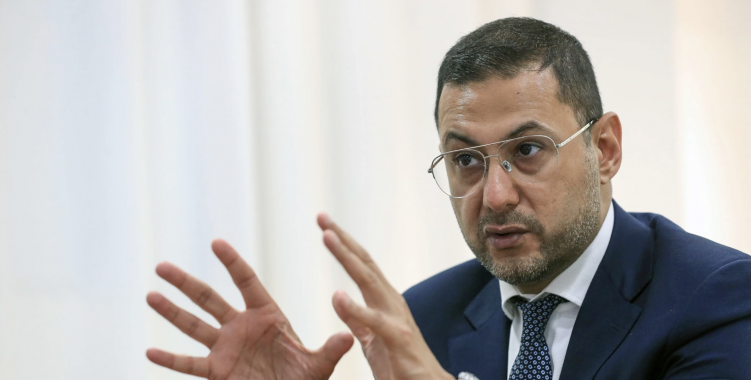In an interview with Lusa, the Portuguese-Angolan businessman and founder of the brand, Amyn Habib, born in Mozambique, decided to leave Portugal and come to Angola in 2006 in search of business opportunities.
He began by being linked to furniture, "which was already a family tradition" until a professor awakened his interest in the potential of the optics sector, confirming with a market study in 2012 that it was worth investing in Angola, where there was "a great lack".
At the time, "opticians worked like pharmacies and issued glasses", with very high prices and poor quality, said the businessman.
He then decided to develop the Centrooptico brand and concept, with a strategy aimed at "democratizing access to glasses with low prices and quality to make a difference in the market" with specialized stores and personalized service.
The first opened in 2014, in the center of Luanda, and quickly ran out of capacity for the number of customers.
Centrooptico has been expanding its network and the 29th store was opened last week, and is currently present in half of the country's 18 provinces, having already invested a total of 35 billion kwanzas.
They started by recruiting Portuguese and started training Angolans, currently employing around 500 workers, increasingly with more nationals, highlighted Amyn Habib, adding that specialists in the area are still insufficient.
In ten years, investment in the Centrooptico store chain and the Audioclinic audiology brand has already reached 25 billion kwanzas, said the businessman.
Added to this value is the investment of more than 8 billion kwanzas in the first ophthalmic lens factory in the region of Central Africa and Portuguese-speaking African Countries (PALOP), which was inaugurated in January.
According to Amyn Habib, the factory helped to substantially reduce the time it takes to deliver the product to the customer and save costs on transport and customs fees.
The factory is prepared to produce one hundred lenses per hour and could receive a second production line this year to optimize the process.
"It is an important factor for us to open up to the foreign market", highlighted the administrator of Centrooptico, noting that the company is attentive to export opportunities, but wants to first guarantee production capacity for the domestic market.
"I believe that by the beginning of next year we will be able to export", he highlighted, highlighting that market studies have already been carried out in neighboring countries such as the Democratic Republic of Congo and other countries in the region with direct air links to Angola.
"There are many opportunities for every place where TAAG travels," said Amyn Habib, pointing out advantages such as lower cost and ease of transport, as the products are light and have a reduced volume.
The businessman also stated that, despite the economic difficulties of Angolans, Centrooptico increased its turnover last year by 40 percent compared to 2022 and in the first quarter of this year it grew again by more than 40 percent year-on-year.
"We are growing for two reasons, one because we are growing in terms of number of stores and the second factor is that the currency has devalued, but many things ended up not increasing, like lenses, we are absorbing these costs thanks to the opening from the factory that allowed us not to increase prices", he highlighted, remembering that the strategy continues to be easy access to visual health care.
Furthermore, he pointed out, there is an increasing need for this: "We carry out thousands of screenings per year, we carry out more than 100 thousand consultations per year in our stores, people are aware and realize that vision problems affect studies, work, driving", he exemplified.
In ten years, two million customers passed through Centrooptico.
In addition to Angolans having visual problems aggravated by local factors such as the incidence of sunlight and UV rays, other problems associated with the use of technology are also becoming more common.
Amyn Habib highlighted the opportunities, but also admits some difficulties in the market, such as payments to suppliers due to currency devaluation and lack of qualified labor.
"I think it is important for the country to invest in training, we do not have technical or higher-level training in the area of visual health care", said the administrator, lamenting the lack of ophthalmologists and optometrists, especially in the provinces.







